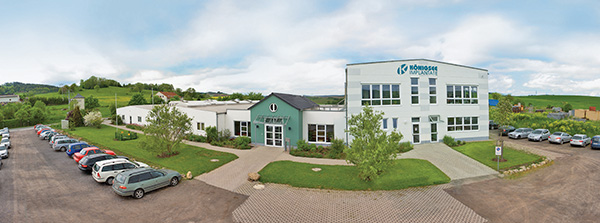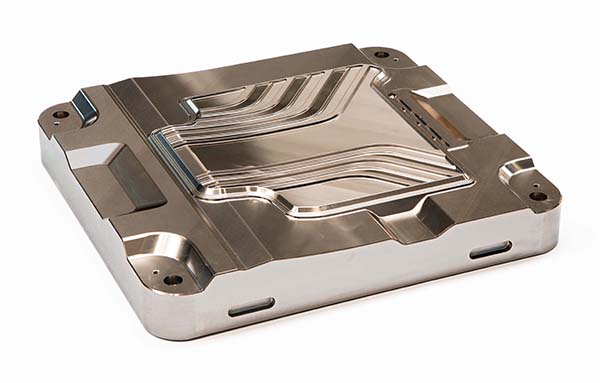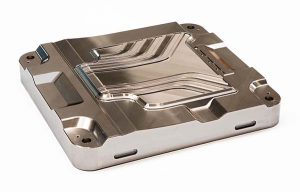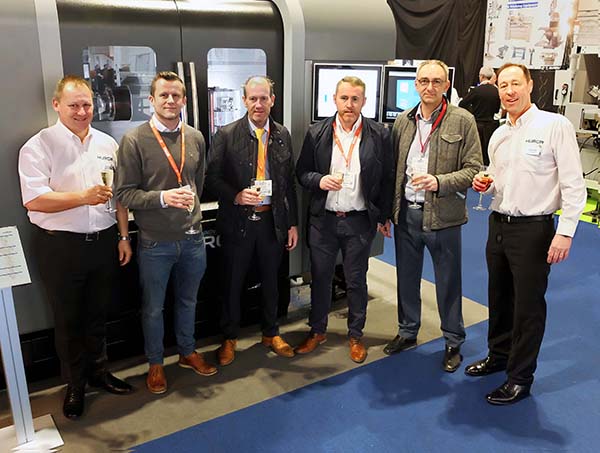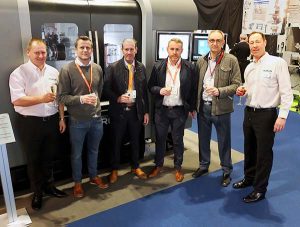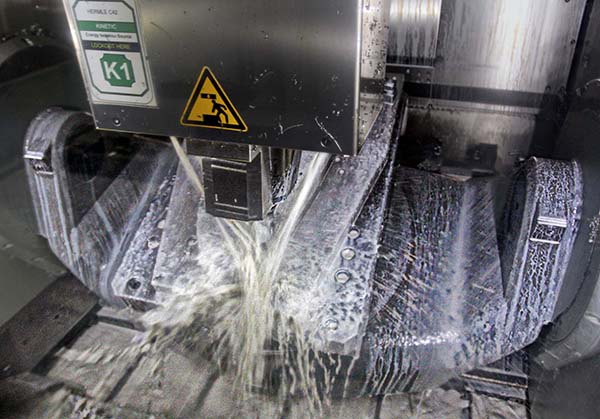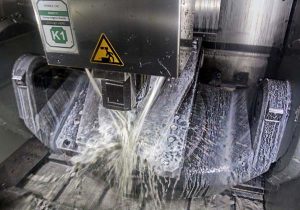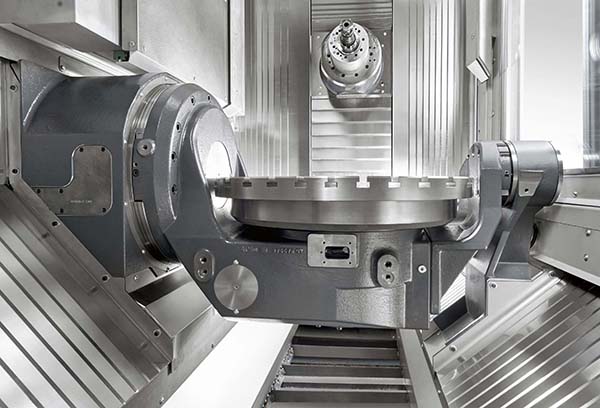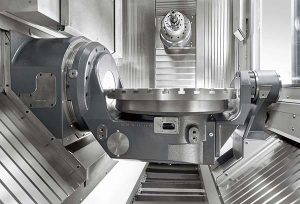For more than 20 years, Königsee Implantate based in Königsee, deep in the Thuringian Forest in Germany, has been developing and producing implants and instruments for traumatology, orthopedics and spinal surgery with enormous success. In the course of continuous process improvements, two new Tornos EvoDeco 16 machines have been purchased.
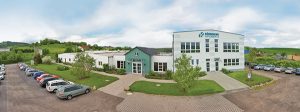
Within the medical industry, Königsee is a significant manufacturer with a history that dates back to the end of World War I. In 1919, orthopedic technician Otto Bock founded the company in Berlin to provide disabled war veterans with prostheses and other orthopedic products. Shortly after, the company moved to Königsee. This was the origin for Königsee Implantate GmbH, which was established by Erich Orschler in 1993.
Königsee’s success story started with a small machine inventory and the strong determination of its employees. Initially, the company focused exclusively on the development and manufacturing of osteo-synthesis systems for traumatology and orthopedics. For more than 10 years now, the company has also been offering solutions for spinal surgery.
The products for almost all bone sections, from the collarbone to the toes, accelerate the healing process of fractures compared with conventional methods of treatment. New solutions constantly arise from close collaboration with physicians and surgical teams. The development projects comprise the complete path of the value chain, from the idea and development of a prototype, to the manufacture of the product. During this process, painstaking attention is paid to quality, since it is the basic requirement for the long service life and safe use of implants. This is why the company purchased two new EvoDeco 16 machines from Tornos.
In layman’s terms, an osteo-synthesis system consists of a plate that is matched with the anatomy and fastened to the bones with a variable number of screws of different lengths and diameters. Königsee offers the entire manufacturing process, from purchase and planning, through milling, turning, grinding and galvanizing, to the final inspection and warehousing.
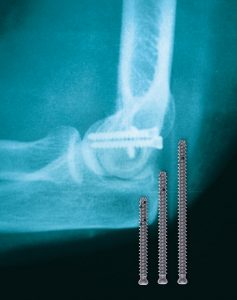
Pricing pressure has reached the medical industry and this means that top-quality produce from Germany can only be competitive by applying a sophisticated manufacturing strategy. For this reason, Königsee has invested in Tornos.
All the screws are produced in the turning shop. Fractures require screws of different lengths and diameters, and with different properties. Depending on their use, the screw types produced are self-tapping, self-drilling or reverse-tapping. The threads are either full threads up to the head or partial threads. Threads are whirled with various pitches, while heeding the tightest shape tolerances. The head faces usually have a hexagon or hexalobular (Torx) socket. Most of the screws are cannulated, featuring a channel to drain the tissue fluid.
The material used is usually titanium or implant steel. Even if it is not difficult to machine titanium, it offers up two special challenges, low thermal conductivity and difficulty in breaking the chips, which requires special cooling strategies. Tool wear is very high due to the extreme toughness of the material.
Varying lot sizes are between 25 and 150 pieces. All screws must be as burr-free as possible in order to minimise rework. Although Königsee had already been well positioned with seven Tornos machines, the company decided to purchase two new EvoDeco 16 machines.
Thanks to their kinematics and tooling, Tornos EvoDeco machines are pre-destined for manufacturing complex workpieces with high quality. Christian Hedwig, manufacturing engineer for turning operations at Königsee, emphasises the decisive reason for purchasing these machines: “Up to then, we had been using Deco 13 and Deco 20 machines. On the two new machines, we can produce a larger diversity of parts, which makes us much more flexible.
“On the other hand, the large number of tools opens up new possibilities in terms of machining even more complex workpieces in one set-up,” he adds. “This purchase has enabled us to improve our processes.”
To do so, the EvoDeco 16 machines have been further optimised by Königsee. A high-pressure coolant system by Müller Hydraulik has been installed with a pressure of up to 150 bar to feed directly to the individual tool blocks through a manifold block. This configuration significantly improves chip breakage and evacuation. As a consequence, tool life and process stability are extended. Stability is said to be a major advantage of the Tornos machines.
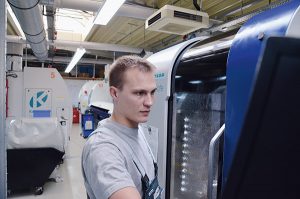
EvoDeco 16 machines are designed to operate with high reliability and produce parts with dimensional accuracy over a long period of time. Another interesting point is that the new EvoDecos have reduced production times by up to 30%.
The employees of Königsee are full of praise after having started series production. They soon became familiar with the machine, since the TB-Deco control functions are user-friendly and were already known to the company. At present, the machines are running across three shifts.
For further information www.tornos.com






